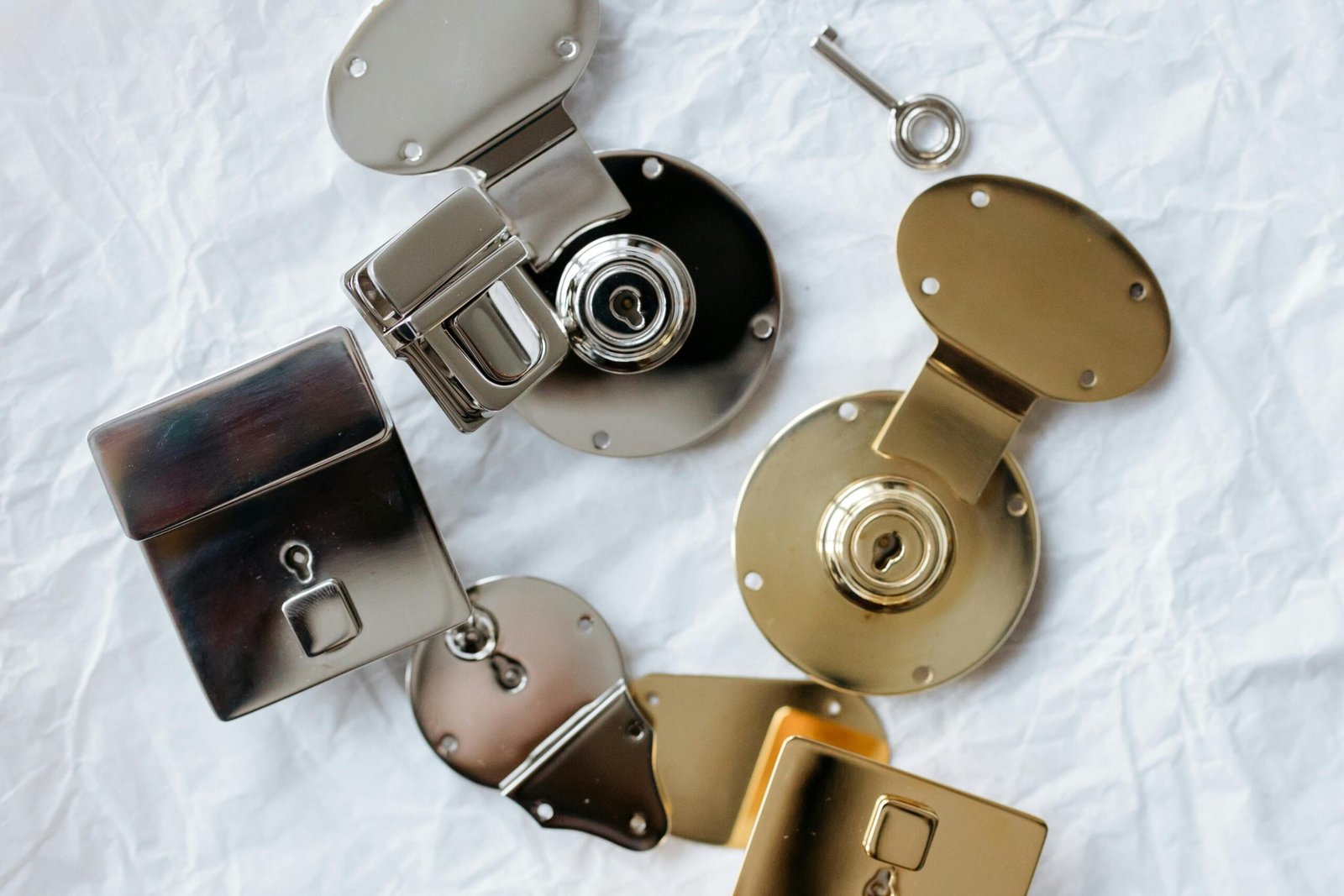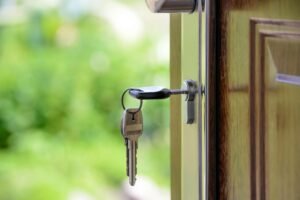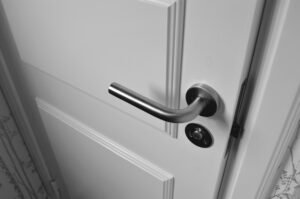Home security is a top priority for every homeowner. One of the simplest yet most effective ways to protect your property and loved ones is by ensuring your locks are up-to-date and functioning properly. But how often should you change your home locks? The answer isn’t always straightforward. It depends on various factors including your lifestyle, security needs, and the type of locks you use. In this article, we’ll explore when and why you should consider changing your home locks to keep your property safe.
When You Move Into a New Home
One of the most common reasons to change your locks is when you move into a new house or apartment. Even if the previous owner assures you that all keys have been accounted for, it’s impossible to be completely sure. Previous residents, real estate agents, contractors, or even neighbors might have copies of your keys. To guarantee your safety and privacy, changing all exterior locks immediately after moving in is a wise decision.
Rekeying the locks or completely replacing them gives you peace of mind, knowing that only you and those you trust have access to your home. This initial step is fundamental in establishing your home’s security baseline.
After Losing Your Keys or Experiencing a Break-In
Losing your keys is a stressful event, but it also represents a significant security risk. If your keys are lost or stolen, you should change your locks as soon as possible to prevent unauthorised access. Similarly, if your home has been broken into, changing the locks should be one of the first things you do, even if nothing appears to be missing.
Changing locks in these situations helps you restore control over your home’s security and prevents potential future incidents. Ignoring lost keys or break-ins without changing locks leaves your home vulnerable to repeat offenses.
When Locks Show Signs of Wear and Tear
Locks endure constant use and exposure to weather conditions, which can cause them to wear out over time. If your locks become difficult to turn, the key gets stuck frequently, or if the lock looks rusty or damaged, it might be time to replace it. Faulty locks not only reduce convenience but also compromise your home’s security.
Regular inspection of your locks can help identify problems before they become serious. Replacing old, worn-out locks ensures that your doors remain secure and that you don’t get locked out unexpectedly.
Upgrading Your Home Security System
Technological advancements have transformed the way we secure our homes. If you’re upgrading your home security system, it might be a good time to change your locks as well. Traditional mechanical locks can be replaced or supplemented with smart locks, electronic keypads, or biometric access systems.
These modern locking systems offer convenience, enhanced security, and better control over who can enter your home. Some smart locks allow you to monitor entry remotely, provide temporary access codes for guests, and even integrate with your home automation system. Changing your locks during a security upgrade ensures your home is equipped with the latest technology to protect your assets.
After Ending Relationships or Changing Tenants
Personal relationships and living arrangements change, and when they do, your locks should too. If you’ve recently ended a relationship with a partner, roommate, or tenant who had access to your home, changing the locks is a crucial step to maintaining your security.
Even if you trust these individuals, it’s safer to assume you no longer have full control over your keys. Changing the locks prevents unauthorised re-entry and protects your privacy. For landlords, changing locks between tenants is also essential to secure the property and avoid liability issues.
Conclusion: When Should You Change Your Locks?
In summary, there is no one-size-fits-all answer to how often you should change your home locks. The timing depends largely on your circumstances. However, certain situations call for a lock change: moving into a new home, losing your keys, experiencing a break-in, noticing worn or damaged locks, upgrading your security, and ending relationships or tenancy agreements.
Beyond these specific events, it’s generally recommended to inspect your locks every few years and consider replacement every 7 to 10 years depending on the lock quality and usage. This proactive approach ensures your locks remain reliable and your home stays protected.
Ultimately, prioritising the security of your locks is an investment in your peace of mind and the safety of your home. If in doubt, consulting a professional locksmith can provide tailored advice on the best timing and type of locks for your needs.





